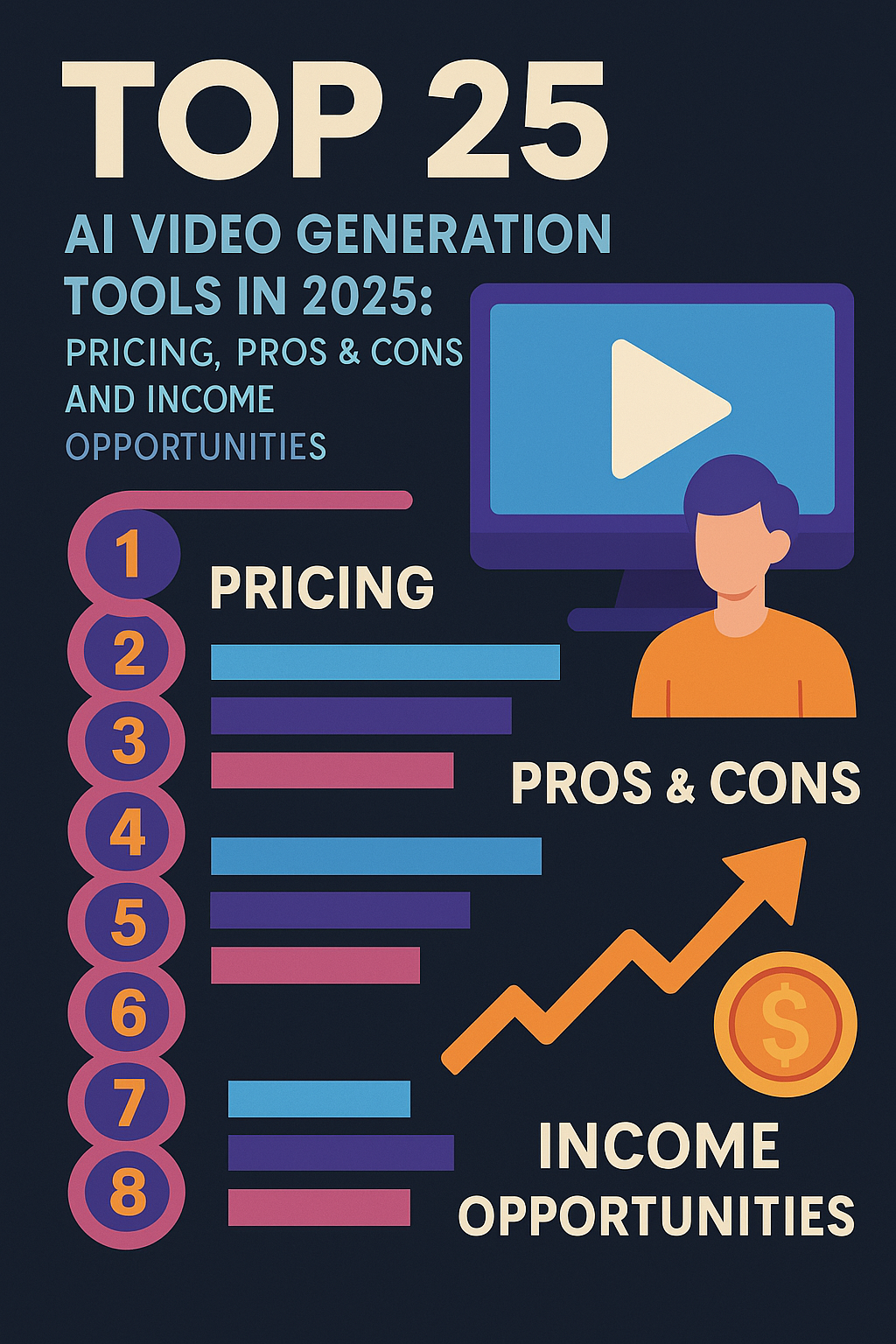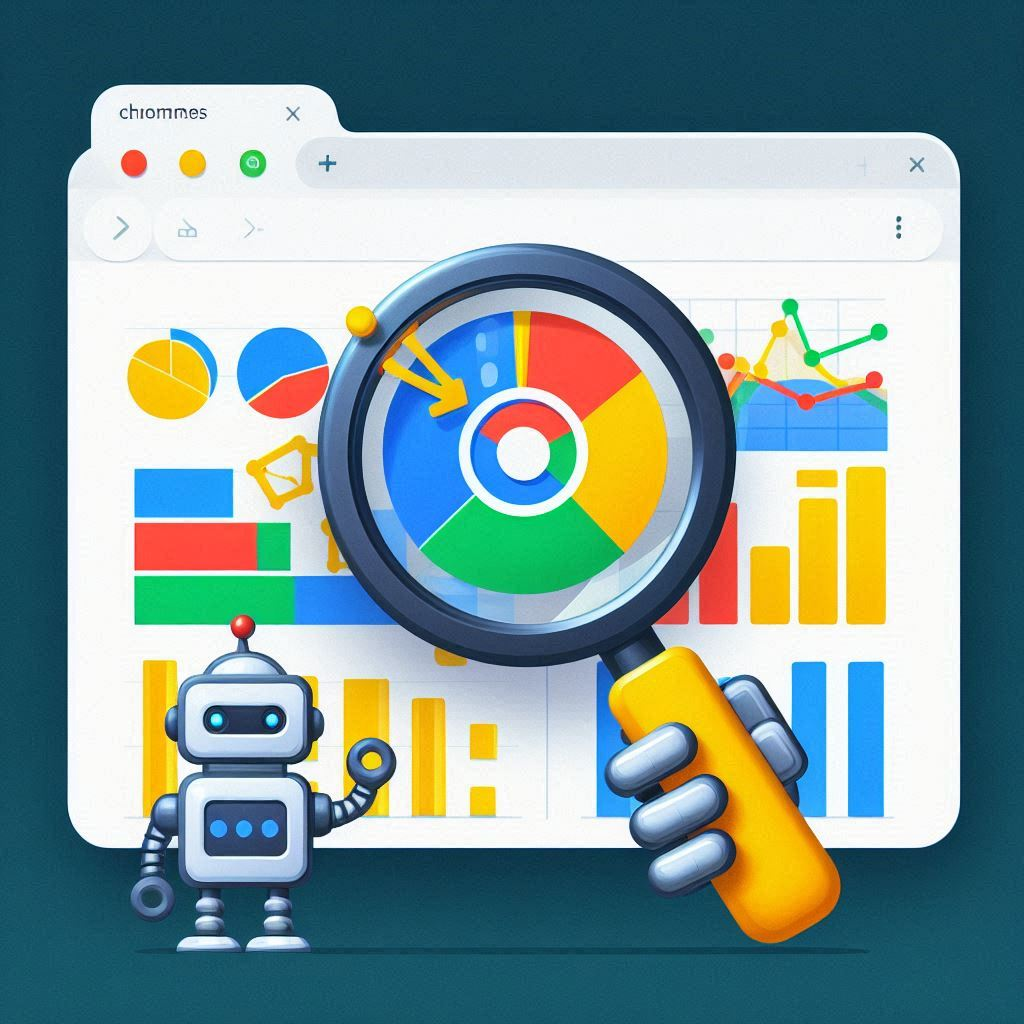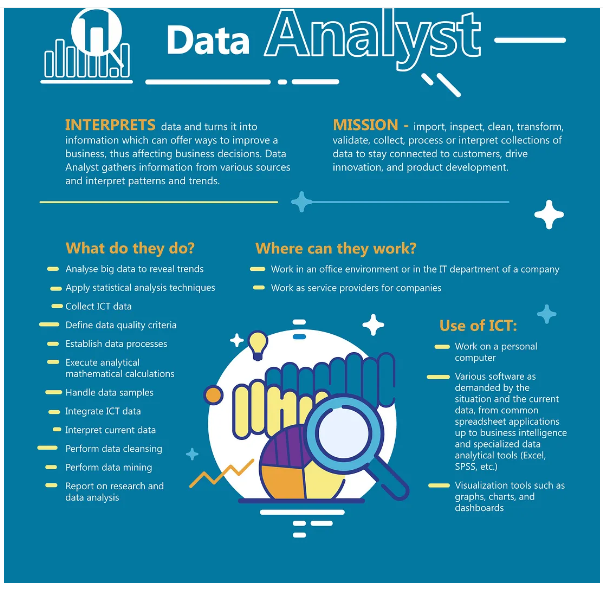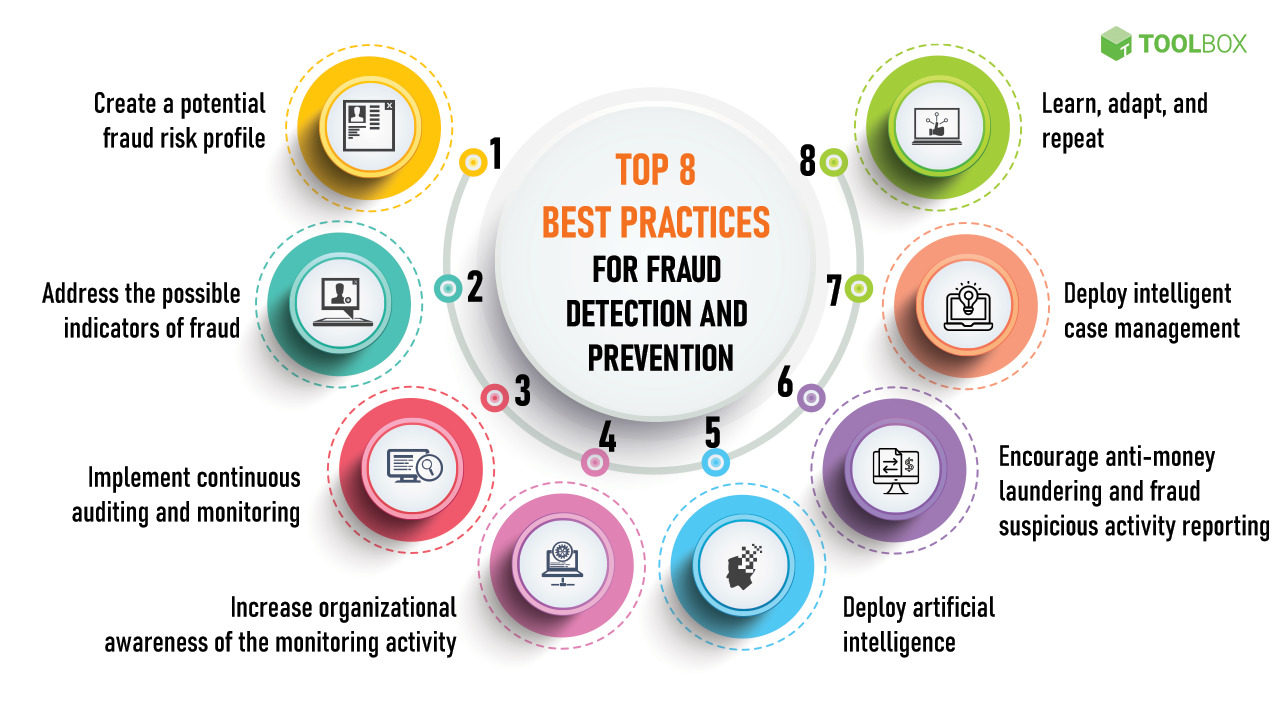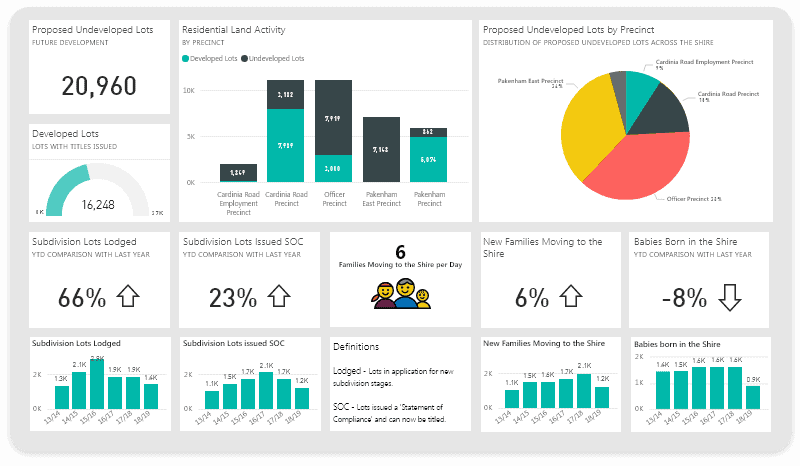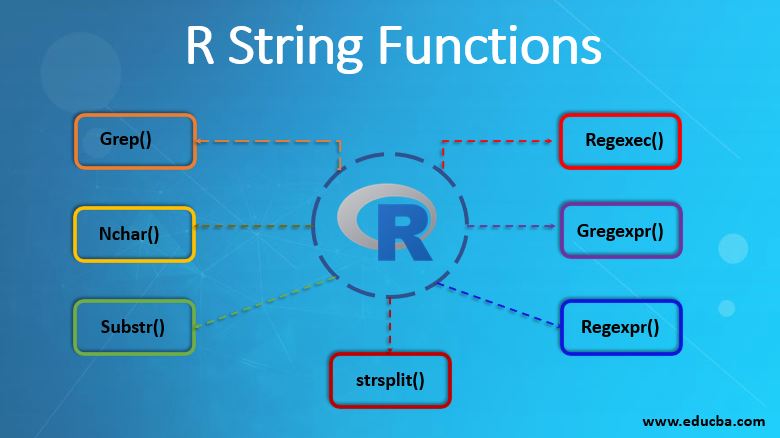
How to Start a Career with Amazon AWS in 2024: Step-by-Step Guide for Freshers
The demand for cloud professionals continues to soar, and Amazon Web Services (AWS) leads the market with its extensive cloud solutions. Whether you’re a fresh graduate or transitioning from another field, AWS offers a clear path to start a rewarding career in cloud computing. In this guide, we’ll cover the step-by-step process, certifications, and entry-level jobs to help you kickstart your career with AWS in 2024.
Step 1: Understand What AWS Is and Why It Matters
Before diving into technical skills, familiarize yourself with AWS and its role in the tech industry. Amazon Web Services offers a broad set of global cloud-based products including computing, storage, databases, analytics, and more. With a massive market share, AWS is the go-to choice for companies of all sizes, from startups to Fortune 500 companies.
- AWS Overview: Start by exploring the AWS Overview page, which provides a summary of AWS services and the cloud ecosystem.
- Why Learn AWS: Cloud computing is a high-growth sector with increasing demand for skilled professionals, making AWS expertise a valuable career asset.
Step 2: Explore the Basic AWS Cloud Concepts
AWS can be intimidating due to the sheer number of services it offers. Start by learning core AWS services, particularly the foundational elements of cloud computing like compute, storage, networking, and databases. Here are some key services to get familiar with:
- EC2 (Elastic Compute Cloud): AWS’s primary compute service.
- S3 (Simple Storage Service): Highly scalable storage solution.
- RDS (Relational Database Service): Managed relational databases.
- VPC (Virtual Private Cloud): Networking setup for isolated resources.
AWS offers free digital training for foundational courses, which can be accessed via the AWS Training Portal.
Step 3: Sign Up for the AWS Free Tier Account
AWS offers a Free Tier account that lets you try many of its core services at no cost for the first 12 months. This is a fantastic way to get hands-on experience without incurring charges.
- AWS Free Tier: Sign up for a free account here. Services like EC2, S3, and Lambda are available within the free limits, so you can practice launching and managing resources without worrying about the cost.
Step 4: Complete AWS Foundational Courses
Starting with AWS’s free foundational courses is an excellent way to get comfortable with cloud fundamentals.
- AWS Cloud Practitioner Essentials: Covers basic cloud concepts, AWS services, security, pricing, and support. This course is highly recommended for beginners.
- Access the Course: AWS Cloud Practitioner Essentials
- AWS Technical Essentials: Dives into AWS’s core services and teaches how to set up your first instance.
- Access the Course: AWS Technical Essentials
These courses help you build a strong foundation, preparing you for certification and real-world scenarios.
Step 5: Earn AWS Certifications
Certifications validate your knowledge and skills, making you more attractive to potential employers. Here are three AWS certifications to consider for starting your cloud career:
1. AWS Certified Cloud Practitioner (Foundational)
- Importance: A beginner-level certification that demonstrates your understanding of AWS basics.
- Exam Topics: Covers cloud concepts, AWS services, security, pricing, and support.
- Preparation Resources: Use the official AWS Certified Cloud Practitioner Study Guide.
2. AWS Certified Solutions Architect – Associate
- Importance: This associate-level certification validates your ability to design and implement scalable, fault-tolerant AWS systems.
- Exam Topics: Includes best practices for cloud architecture, security, and cost management.
- Preparation Resources: Check out the AWS Solutions Architect Associate Guide.
3. AWS Certified Developer – Associate
- Importance: Great for those interested in application development on AWS.
- Exam Topics: Covers development, deployment, and debugging on AWS.
- Preparation Resources: Start with the AWS Certified Developer Guide.
Step 6: Build Projects and Gain Hands-On Experience
The best way to solidify your knowledge is by building real projects. Here are a few ideas to start with:
- Launch a Simple Website Using EC2 and S3: Create and host a simple website to understand storage, compute, and networking on AWS.
- Develop a Serverless App with Lambda: Build a small application using AWS Lambda, a serverless compute service that executes code in response to events.
- Set Up a Personal Database on RDS: Launch an RDS instance and configure it to handle basic database operations.
Step 7: Explore Entry-Level AWS Job Roles for Freshers
AWS expertise opens doors to a range of entry-level roles. Some common positions for beginners in AWS include:
- Cloud Support Associate
- Role: Helps troubleshoot AWS services and provides technical support to customers.
- Skills: Knowledge of core AWS services, networking, and troubleshooting.
- Job Posting Example: AWS Cloud Support Associate
- Junior Cloud Engineer
- Role: Assists in designing and deploying cloud solutions under the guidance of senior engineers.
- Skills: Familiarity with AWS services, cloud architecture, and coding.
- Job Posting Example: Check local job boards for “AWS Junior Cloud Engineer” roles.
- AWS DevOps Intern
- Role: Supports infrastructure automation and manages cloud resources.
- Skills: Basic knowledge of AWS, infrastructure-as-code tools (e.g., Terraform), and coding (e.g., Python or Bash).
- Job Posting Example: Search for “AWS DevOps Intern” roles on LinkedIn or AWS Careers.
Step 8: Network and Join AWS Communities
Building connections with AWS professionals and joining communities can significantly aid your career journey. You can learn from others, stay updated on trends, and even find mentors.
- AWS Community Builders Program: Community Builders is a free program that provides learning resources, mentorship, and networking.
- AWS User Groups: Join local AWS user groups on Meetup.com to connect with others.
Step 9: Prepare for AWS Interviews
Once you’ve gained foundational knowledge, practice mock interviews, and explore common AWS interview questions. Focus on understanding core AWS services, cloud computing concepts, and how they can solve real-world problems.
- Sample Questions: Expect questions like “Explain how S3 works” or “What are the advantages of serverless computing?”.
- Resources: AWS Solutions Architect Interview Prep









